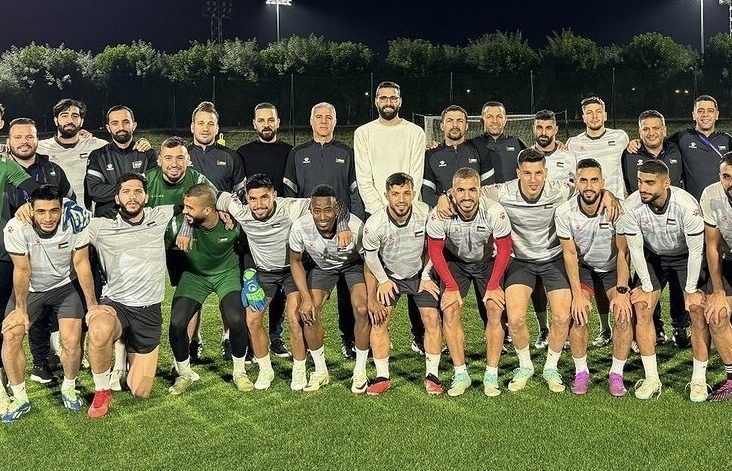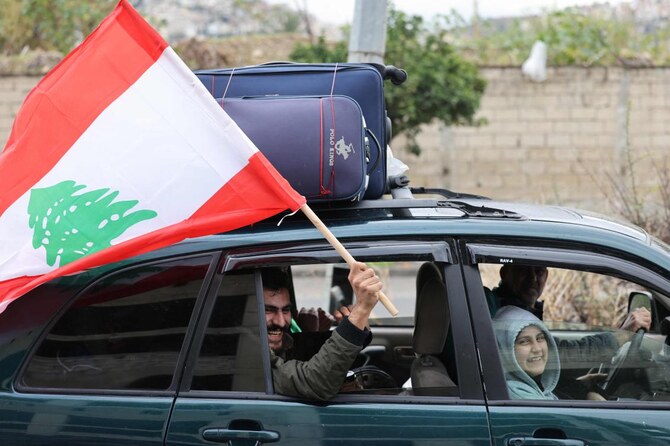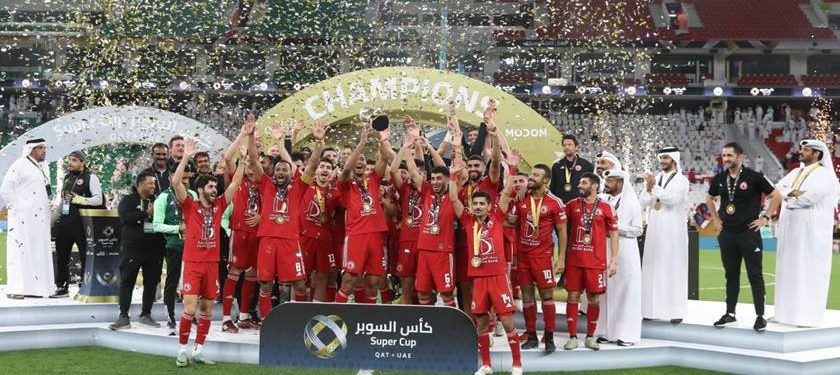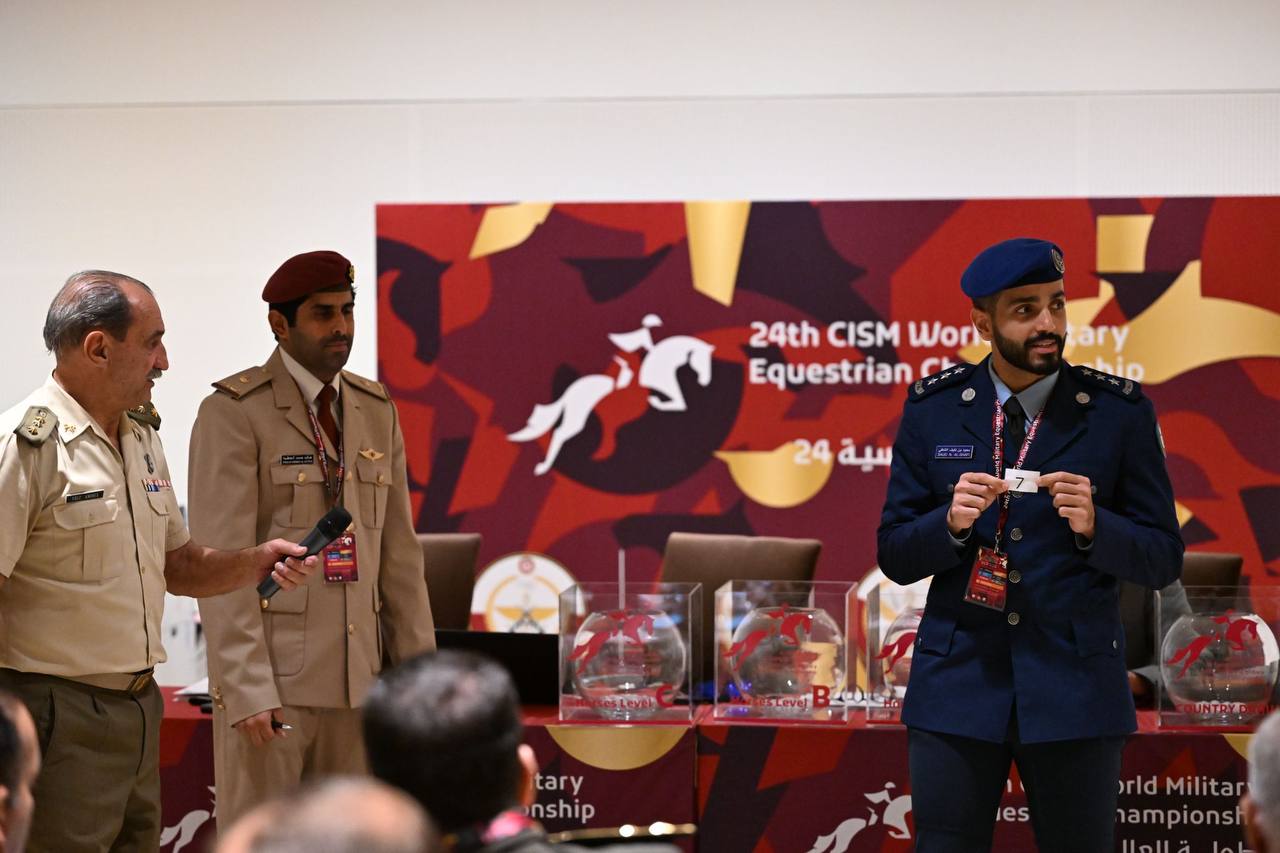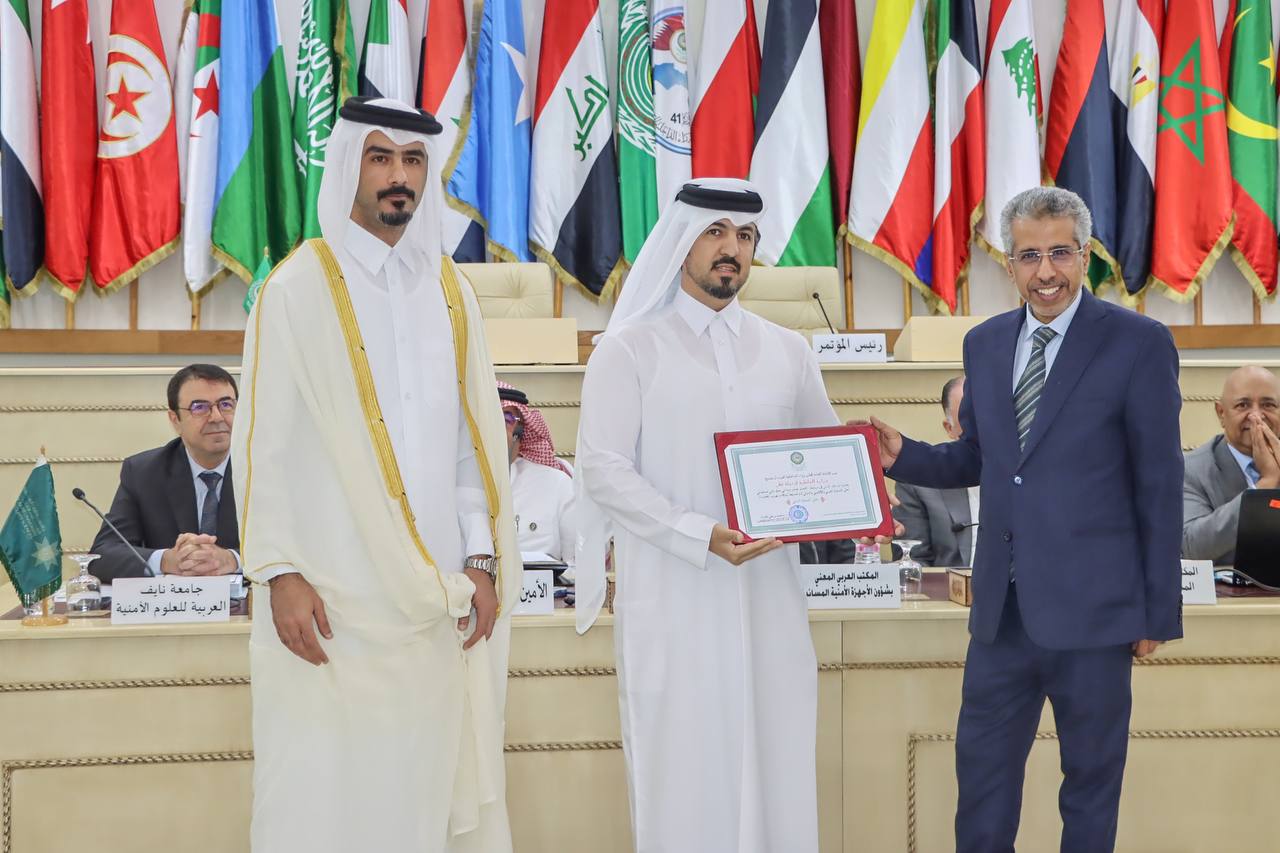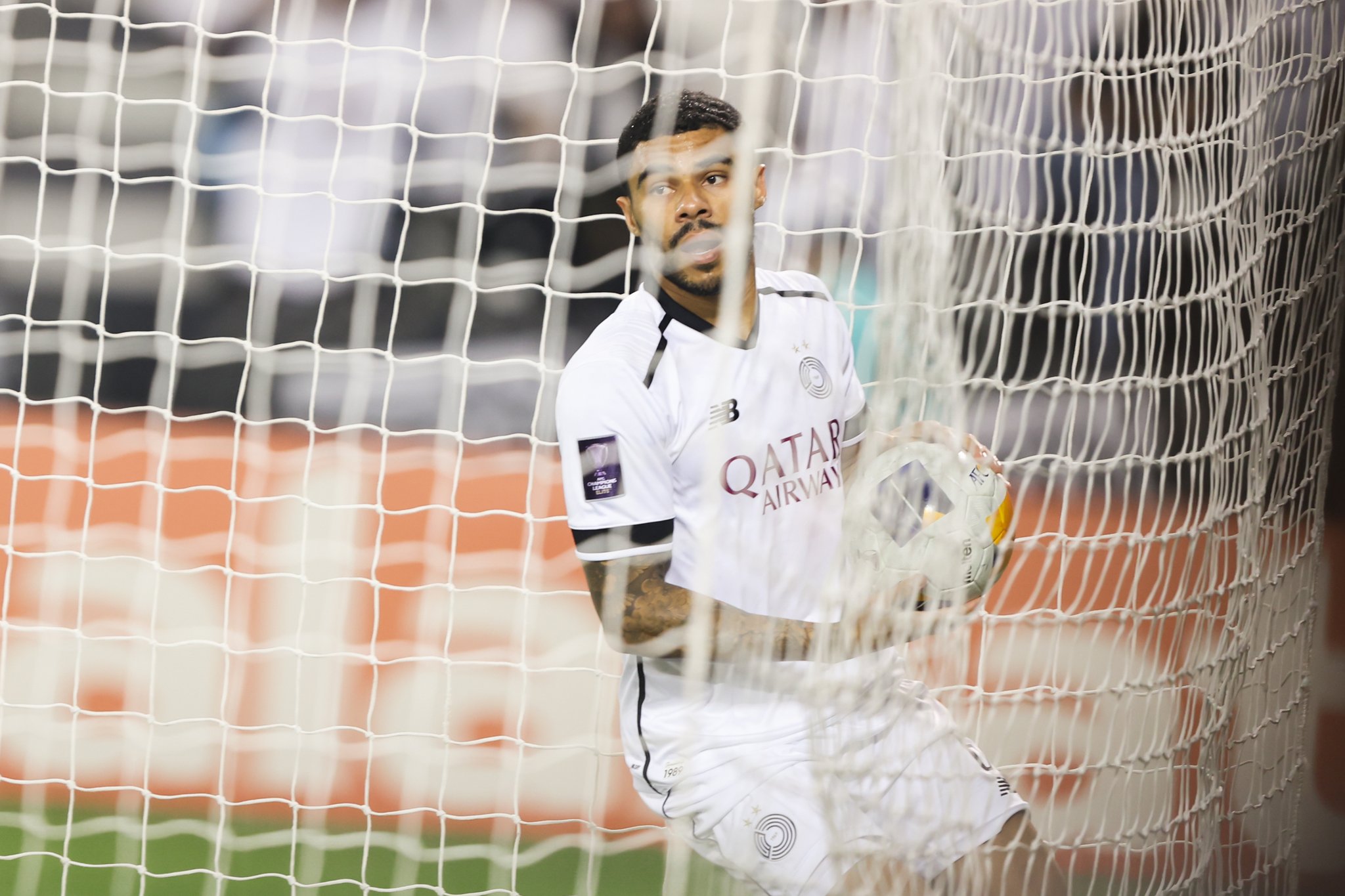Some of the players in Doha have family and friends stuck under the Israeli genocide in Gaza, where occupation forces killed more than 26,000 Palestinians.
Prominent Palestinian photojournalist Motaz Azaiza has shared words of support and solidarity with Palestine’s national football team on Sunday during their training in Doha ahead of their face-off with Qatar.
Azaiza, who was evacuated from Gaza to Doha last week, shared videos of his heartfelt conversation with Palestine’s Fida’i, which provided him with a warm welcome to the training area.
“I am just like you all. I did not choose the situation that I was put in, no one chose it[…]Indeed the war is ongoing in Gaza, but you will make those who are unable to find a source of happiness to be happy,” Azaiza told the Palestinian team.
Palestine’s team made history last week at the AFC Asian Cup 2023 when they reached the Round of 16 for the first time. The team are set to play a decisive match against Qatar’s Al-Annabi on Monday at the Al Bayt Stadium.
If Palestine’s team wins, they will achieve another milestone by reaching the Quarter-Finals.
“Regardless of how you perform, whether you win or not, you’ve honoured us. I swear to God I’m so honoured. I’m one of you,” Azaiza told the team.
Azaiza stressed that the team is also playing a key role in conveying Palestinians’ images as “a people who love life” as they resist the ongoing Israeli occupation.
Palestinian footballer, Mosab Battat, told Azaiza that the team has been keeping up with his posts from Gaza.
“If you didn’t watch football, we were all watching you and all that you’ve posted. We were touched by all that you were doing. God willing, the most that we can give you is our prayers, that God eases your situation and for the rest of your family and loved ones in Gaza,” Battat said.
Palestine’s team are optimistic about their upcoming game against the host country, with the football association’s technical director, Makram Daboub, describing it as “a brotherly and celebratory” match.
“Our team is playing without pressure, because it has achieved its primary goal of participating, which is to qualify for the second round,” Daboub said during a pre-match press conference on Sunday, stressing that his team will still fight for its title on the pitch.
Speaking alongside Daboub at the presser, Palestinian striker, Tamer Seyam, said that his team will defend its “chances of qualifying and achieving a new historic achievement for Palestine.”
Some of the players in Doha have family and friends stuck under the Israeli genocide in Gaza, where occupation forces killed more than 26,000 Palestinians.
The toll includes more than 88 athletes from various Palestinian teams, including at least 67 footballers. The victims include Hani Al-Masdar, the coach of Palestine’s Olympic football team, killed by Israel on January 6.
Sports has long been a key tool of Palestinian resistance against the Israeli occupation, which has attempted to erase Palestine’s presence through all forms.
Palestinian footballers often struggle to find locations to play matches due to the destruction of facilities across Palestinian lands by Israeli forces.
Palestinian players also struggle to meet for practice as they would require Israeli permits to pass through Israeli checkpoints. In 2019, Israel cancelled the FIFA Palestine Cup by denying Gazan players travel permits.
Israel has destroyed nine sports facilities, including four in the West Bank and five in Gaza, most notably the iconic Yarmouk Stadium, since the beginning of the war, according to the Palestinian Football Association (PFA).
Yarmouk was built in 1938 and is one of the oldest in Palestine.
In December, the occupation forces turned the stadium into a detention centre where dozens of Palestinians were rounded up and humiliated.
The Israeli occupation’s restrictions on Palestinian players are a violation of the Olympic Charter, which states that “the practice of sport is a human right.”
“Every individual must have access to the practice of sport, without discrimination of any kind in respect of internationally recognised human rights within the remit of the Olympic Movement,” the charter says.

